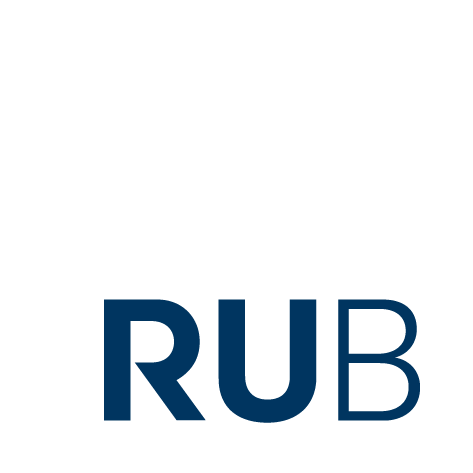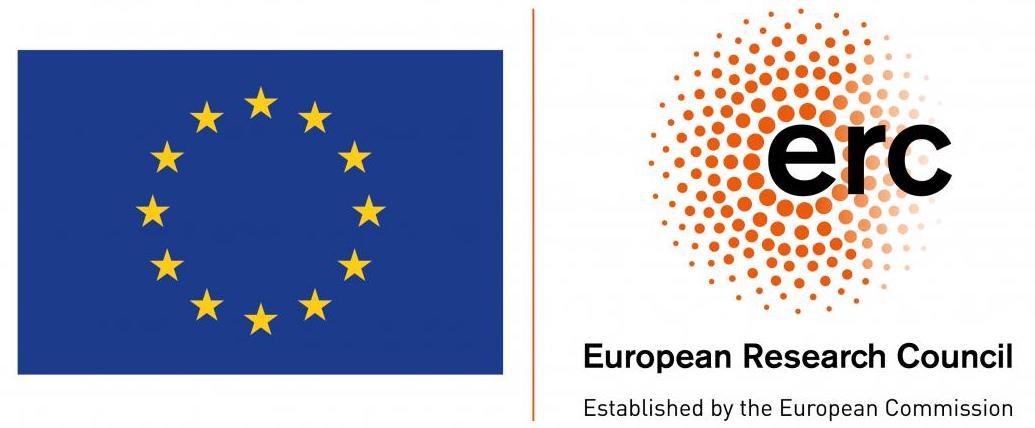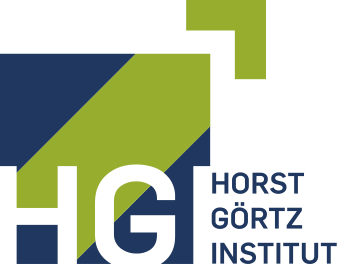Quantum Information Theory (Spring 2021)
Lecturers: Michael Walter and Maris Ozols
Teaching assistants: Freek Witteveen, Dmitry Grinko
Homework submission: before the lecture by ELO
Schedule: Mon 14:00-16:45, Spring 2021 (online)
Further information: MasterMath
The MasterMath course page is the primary source for all course material.
Course description
With the birth of Quantum Mechanics a century ago, our understanding of the physical world has profoundly expanded, and so has our understanding of information. While a classical bit assumes only discrete values, represented by the binary values zero and one, a quantum-mechanical bit or “qubit” can assume a continuum of intermediate states. Quantum Information Theory studies the remarkable properties of this new type of information, ways of processing it, as well as its advantages and limitations.
This course offers a mathematical introduction to Quantum Information Theory. We will start with the fundamentals (such as quantum states, measurements, and entropy) and then discuss some more advanced topics (entanglement theory and quantum communication) and techniques (symmetric subspace, decoupling).
This course complements Ronald de Wolf’s course on Quantum Computing. Neither course requires the other, but students interested in writing a thesis in quantum information/computing are encouraged to follow both courses.
Prerequisites
Familiarity with linear algebra (in finite dimensions) and probability theory (with finitely many outcomes), but we will recap the more difficult bits in class. Concretely this means the material in Chapter 2.1 and Appendix 1 of “Quantum Computation and Quantum Information” by Nielsen and Chuang. (For a more formal account, see Sections 1.1 and 1.2.2 of “Theory of Quantum Information” by Watrous.) Please have a brief look at last year’s lecture notes to get more of an impression. In addition, you should have some experience writing down correct and complete mathematical proofs. We will also offer some optional homework that will involve programming to explore mathematical concepts that we discuss in class. You can use a programming language of your choice; we will give solutions in Python.
Some prior exposure to quantum mechanics or information theory can be helpful, but is not necessary to follow the course. If you are interested in learning about the latter see here, here or here.
Rules about Homework and Exam
The final grade will be determined by the following formula:
- 60% exam grade + 40% homework grade
In addition, your exam grade alone has to be at least a 5.0. The same rule applies for the re-sit exam.
There will be homework problems each week, posted on the course homepage by Monday. You must submit your completed homework on ELO before the lecture the week after. The solutions will be discussed in the exercise class (among other things). Assignments will be accepted late only if you have extenuating circumstances (such as sickness or family emergency) and provided you confirm with the lecturer before the deadline. Your lowest two scores on the problem sets will be ignored (this includes any problem set you did not submit).
You are allowed to bring one self-prepared “cheat sheet” to the exam (A4 paper, hand-written, you can use both sides).
Lecture Notes
Lectures notes in one file: [📖] (last updated: February 26, 2023)
These lecture notes also contain many exercises. Some of them will be assigned as homework.
Other Literature
Most relevant to this course:
- Last year’s course material (2020)
- Lectures notes of the UvA course Introduction to Information Theory (2020)
- Lectures notes of the UvA course Information Theory (2017)
Supplementary literature:
- John Watrous, Theory of Quantum Information, lectures notes and book.
- Mark M. Wilde, Quantum Information Theory, Cambridge University Press (2013)
- Sumeet Khatri and Mark M. Wilde, Principles of Quantum Communication Theory, book draft (2020)
- John Preskill’s lecture notes, Chapters 1–5 and 10
- Michael A. Nielsen, Isaac L. Chuang, Quantum Computation and Quantum Information, Cambridge University Press (2010)
- Fernando G.S.L. Brandao, Matthias Christandl, Aram W. Harrow, Michael Walter, The Mathematics of Entanglement
- Roger A. Horn, Charles R. Johnson, Matrix Analysis, Cambridge University Press (2012)
- Lectures notes of the UvA course Symmetry and Quantum Information (2018)
FAQ
Is this the first time this class is offered?
This is the third time this class is offered at MasterMath. See here for last year’s course material. In 2018, Michael Walter offered a related course on Symmetry and Quantum Information.
Can this course only be taken by students enrolled in the Master’s of Mathematics?
No! You should be able to take the course as part of the “free choice” component of your Master’s program (in which case you can get credit) or as an additional course (which should show up on your Master’s diploma as well).
Moreover, auditors are very welcome, too, so feel free to drop by to watch a particular lecture if there’s a topic that interests you particularly.
Where can I learn more advanced material?
You could attend the QuSoft seminar and write a Master’s thesis at QuSoft!




